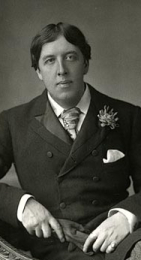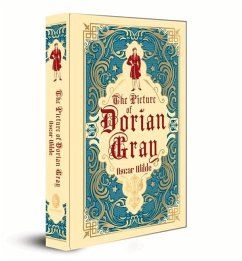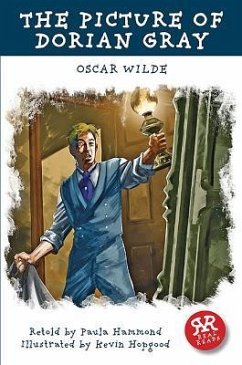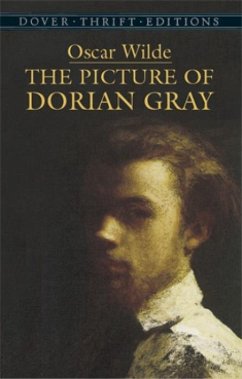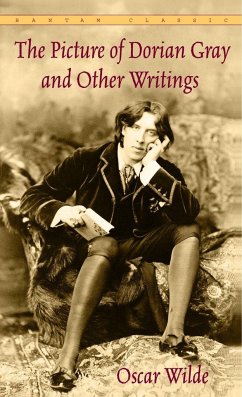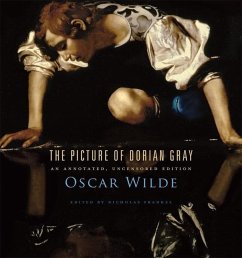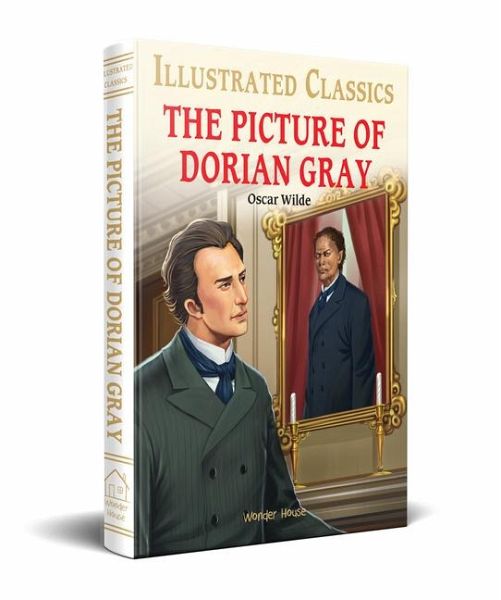
The Picture of Dorian Gray (for Kids)
Abridged and Illustrated
Versandkostenfrei!
Versandfertig in über 4 Wochen
8,49 €
inkl. MwSt.

PAYBACK Punkte
4 °P sammeln!
Young Dorian Gray has it all-- the charm, the looks, the money. Innocent, naï ve and hopeful, Dorian is adored by all. Obsessed with this beautiful man, the painter Basil Hallward paints the most delightful portrait of Dorian, immortalizing his beauty forever. Dorian's life changes when he meets the wise and worldly Lord Henry Wotton, who teaches him that the only thing that matters is beauty. Now vain and desperate to hold on to his youth, Dorian goes down a dark path that he perchance cannot return from. Come explore the mysterious world of Dorian Gray, and discover his deep dark secret.



